Just one month! Schneider and Safina end their collaboration
On May 13, 2025, the WTA Rome station began the women's singles quarterfinals, and the Russian player Diana Schneider, ranked 13th in the world, was reversed by the No. 6 seed and Italian star Borini after winning seven tie-breaks in the first set and leading 4-0 in the second set. Schneider announced the end of his partnership with Safina, who had just become his coach, before the start of this year's Rome game, saying that Safina would return to her home in Barcelona to deal with some things, but would not go into too many other details. The news not only exposes the psychological dilemmas of Schneider's recent performances on the court, but also reveals the challenges of Safina's transition to coaching, as well as the common dilemmas of the Safinn siblings in their coaching roles. At the same time, Safina's older brother Marat Safin did not travel to Rome with his disciple Rublev, and it seems that the siblings' coaching careers are coming to an end. Behind this turmoil, there is not only a personal and professional conflict, but also a reflection of the deep change in the tennis coaching system.

Schneider led 7-6 4-0 against Paulini, but collapsed to the ons of the home crowd and was beaten 7-6 4-6 2-6. This defeat exposed Schneider's long-term psychological shortcomings - insufficient ability to resist stress and imbalance in emotional management. Technically, Schneider is known for his power-based play, having won four tour titles so far in his career, but he often spikes in mistakes due to excessive self-criticism when it comes to handling key points. Previously, coach Andreev had helped her relieve her stress through psychological counselling, but the problem resurfaced after Safina took over, and Safina expressed her displeasure with Schneider's performance against Schwaratek in Madrid. As the host player, Paulini's fans cheered for a huge distraction. Schneider admitted after the game: "I tried to block out the noise, but every cheer from my opponent was like a reminder that I could fail. "This kind of psychological fluctuation is a common problem with traditional Russian women.
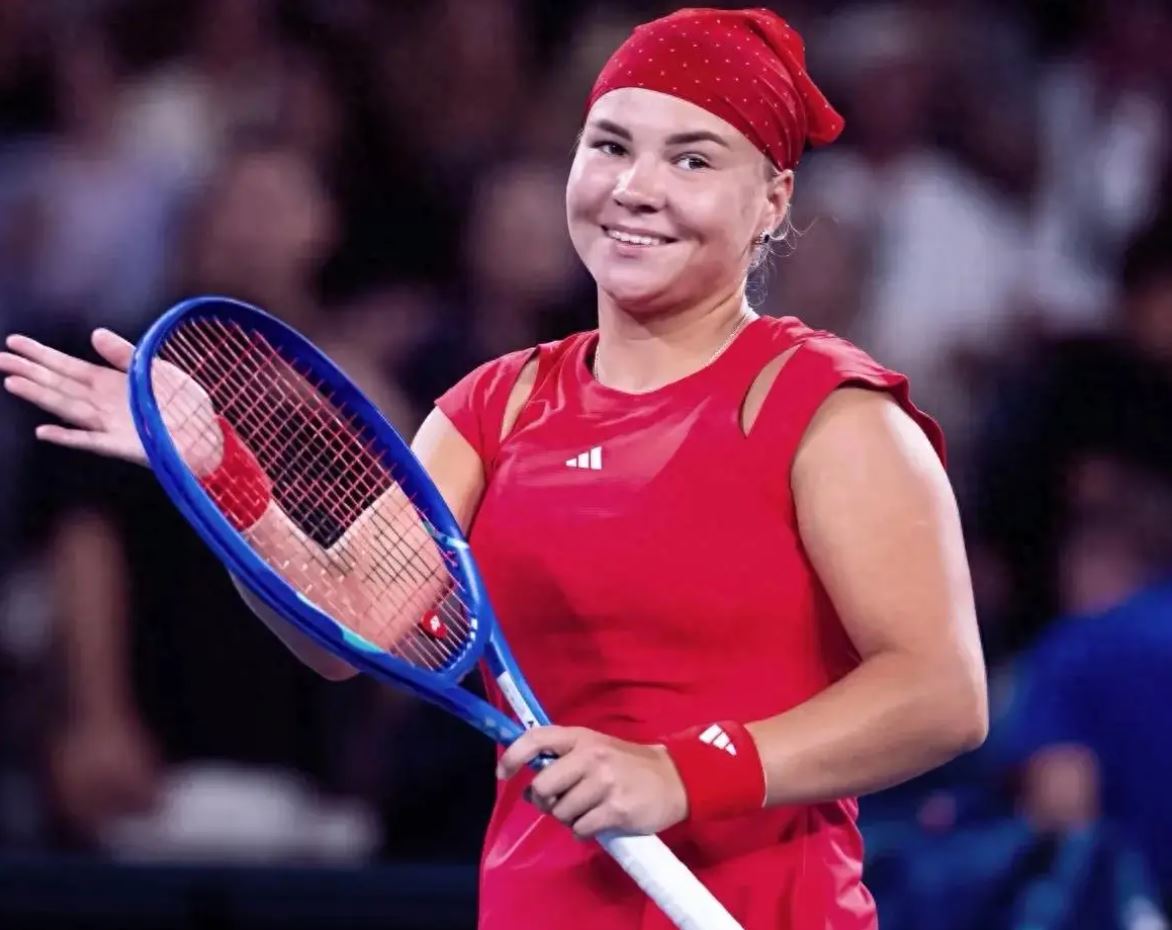
Although Safina was called a "legendary coach" by Schneider, the two ended their partnership after only one month, and there were multiple structural contradictions behind it: first, differences in technical ideas. Safina's coaching style is dominated by empiricism, emphasizing baseline confrontation and tactical stability, which conflicts with Schneider's offensive style of play. For example, Safina tried to cut down on Schneider's risky shots, but the latter thought it would diminish its play-making character. The second is the lack of psychological adjustment. Safina's psychological pressure, which led to multiple major finals losses as a player, limited her ability to navigate her coaching role due to her own "inner demons" that she had not yet fully overcome. Schneider's hesitation on key points forms a vicious circle with Safina's "want to talk and stop". In the end, Safina's early retirement due to a back injury made her extremely cautious about training intensity, but Schneider's team felt that this conservative strategy affected her fitness reserves. For example, during Madrid, Safina suggested cutting back on high-intensity confrontation training, which led to Schneider's fatigue in the later stages.
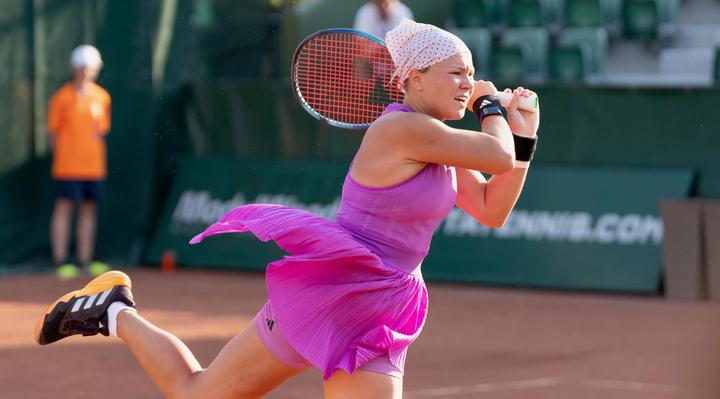
Safina and her brother Safin's coaching woes are both the result of personal traits and the transformation of the modern tennis ecosystem: Safin's coaching efforts helped Rublev improve his forehand attack, but his emotional coaching style was out of touch with the needs of the new generation of players. In recent years, Rublev has frequently lost control of his emotions in the field, and public opinion has questioned Safin's failure to teach mental toughness by example. The fact that he did not go to Rome with his disciples this time was interpreted as a "cooling-off period" for cooperation between the two sides.
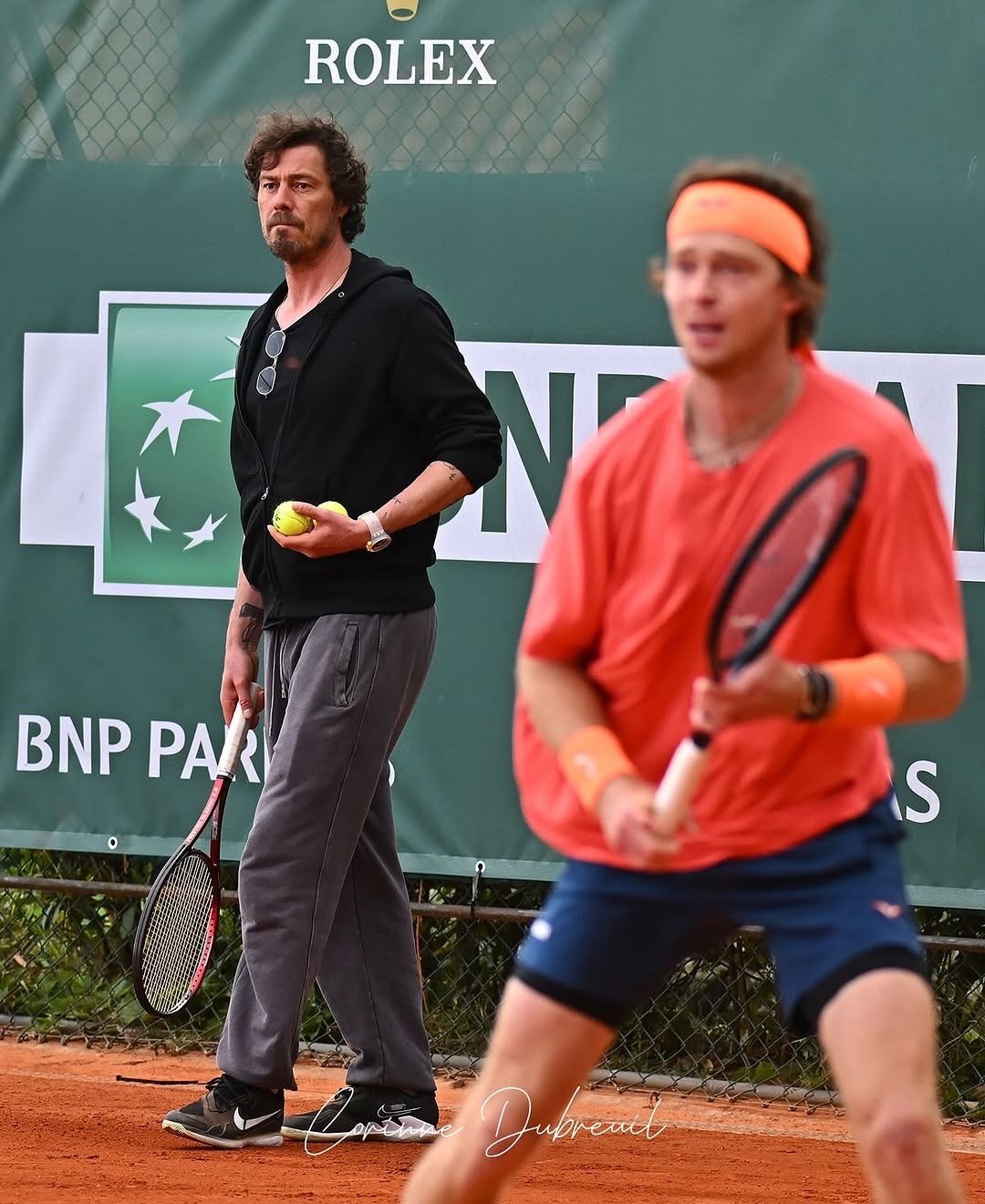
Safina has always lived in the shadow of her brother's legend, and her coaching philosophy still has a "self-proof" mentality, trying to get rid of the label of "No. 1 in the world" through the achievements of her disciples. This pressure led her to interfere too much with the technical details, which in turn limited Schneider's freedom. While modern coaching teams need to integrate multi-dimensional skills such as data analysis and sports science, the Safin siblings rely more on traditional experience. For example, Safina uses less biomechanical sensors in her training, and Safina even openly questions "technology dependency".
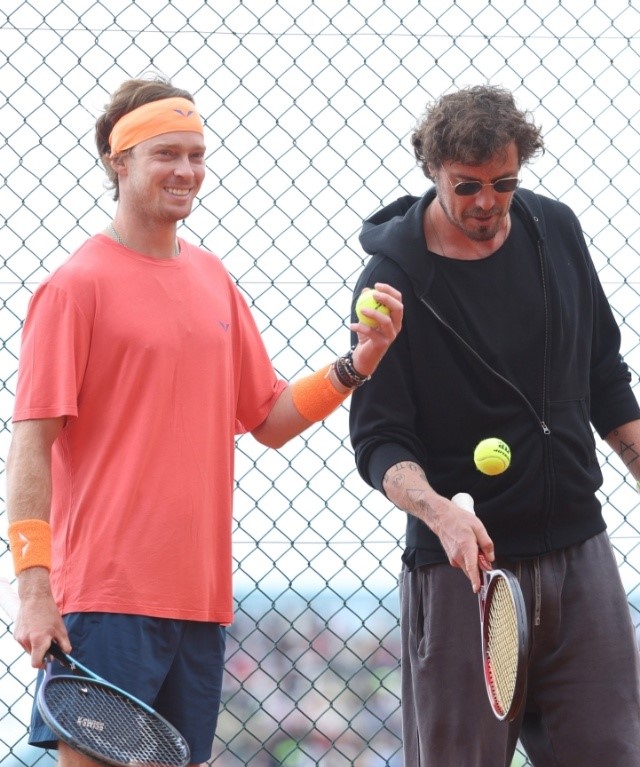
Despite taking a break from the dugout, the Safin siblings still have the potential to return to coaching. Safina can turn to resilience training, combining her own experience of turning around adversity and working with sports psychologists to develop a curriculum. In addition, his law degree background can help players plan for their careers. Safin's flamboyant personality is suitable for motivating young players, and the Russian Tennis Federation can invite him to participate in the national youth program. His tactical understanding of winning the 2005 Australian Open is still of great importance. Of course, the duo could follow the example of Nadal's Academy and create a tennis school: Safin's focus on technical training and tournament strategy, while Safina's focus on physical management and mental development, complement each other's strengths.
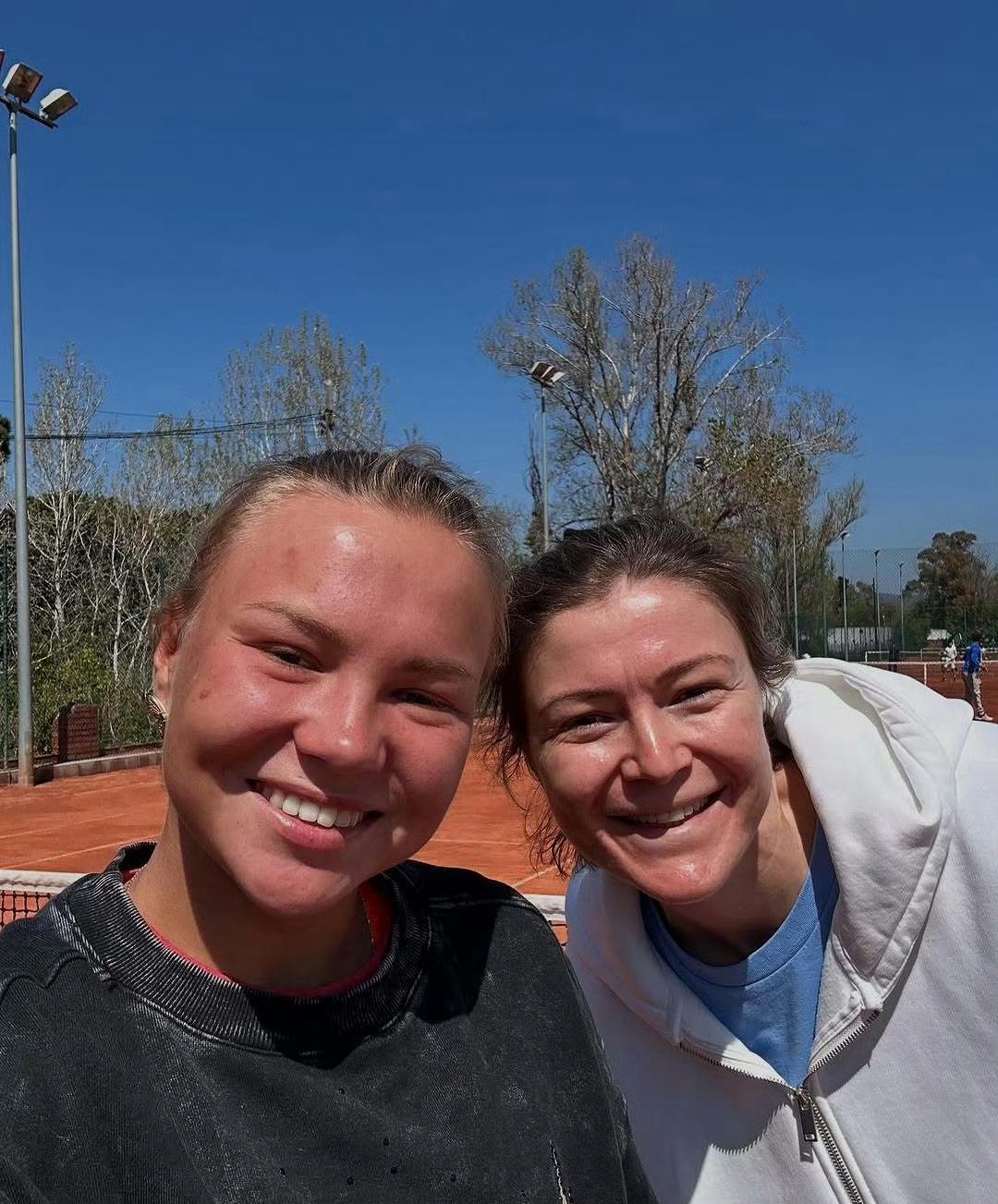
The suspension of the Safin siblings' coaching careers was not only a turning point in their careers, but also a reflection of the transformation of the tennis coaching system from "single authority" to "teamwork". For Schneider, finding a coach with both technical adaptability and psychological counseling skills will be key; For Safina and Safin, letting go of the obsession of "proving oneself" may open up a broader path. When Safina retired, she once said: "The end is also the beginning, and as long as the love is still there, the second chapter of tennis is always worth looking forward to." ”(Source: Tennis Home Author: Xiaodi)







 Links
Links
 Contact
Contact
 App
App


